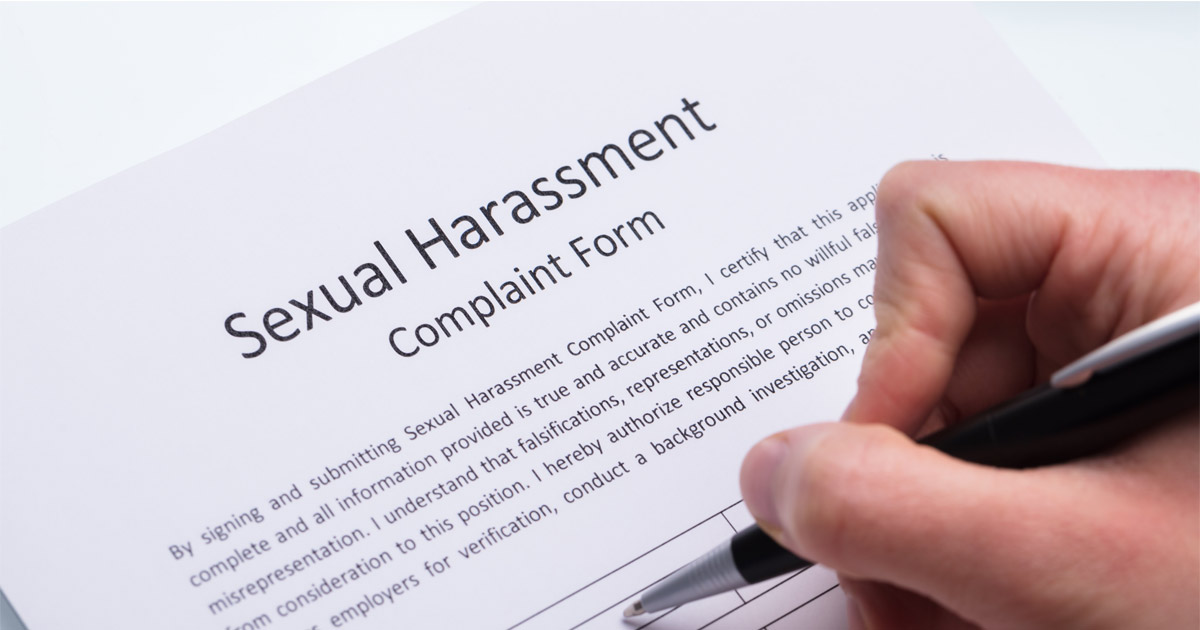Can My Employer Require a COVID-19 Vaccine?

Now that a COVID-19 vaccine has been approved, the main question people are asking each other is of they are going to get the vaccine. This assumes that getting it is optional, but this may not be the case for some members of the working population. It will not be long until employers will have to decide if they want to require their employees to be vaccinated, and there is sure to be some backlash.
Companies have a duty to keep their employees, customers, and communities safe. However, organizations like the Society for Human Resource Management (SHRM) believe that employers should exempt certain employees from having to get vaccinated because of sincerely held religious beliefs or disabilities. According to the SHRM, exceptions should not be made for employees based on secular or medical beliefs about the COVID-19 vaccine.
What Does the EEOC Say?
The Equal Employment Opportunity Commission (EEOC) has provided guidance on flu vaccinations in the past that employers may require flu vaccines, but only if certain employees had the option of seeking exemptions for medical issues through the Americans with Disabilities Act (ADA) or for religious reasons through Title VII of the Civil Rights Act.
In mid-December, the EEOC stated that employee COVID-19 vaccinations requirements do not violate the ADA, which prohibits companies from performing certain medical examinations. However, should an employee who cannot be vaccinated for certain reasons pose a health risk to other workers, EEOC guidelines state that the employer cannot prevent that employee from working unless the employer is unable to provide reasonable accommodations.
Will Vaccination be Mandatory in Certain Workplaces?
It is too early to tell, but the type of business will dictate what procedures will be put in place. Employees in public-facing jobs may present higher risks of infection than office workers, so their companies will likely be more pro-vaccine. Employees who refuse to be vaccinated may encounter problems with co-workers who have been vaccinated. Also, if company vaccination policies become public knowledge, it could create bad publicity and damage their businesses.
Since COVID-19 vaccines are being approved for emergency use authorization, some health professionals feel that most businesses will not make the vaccine mandatory. Although companies may strongly encourage it, requirements will vary. It is thought that employers may choose to issue guidelines stating that their position is that it would be reasonable for an employer to require an employee to get the vaccine.
Will Employers be Held Liable?
There is much talk out there already about the possibilities of employers being vulnerable to lawsuits filed by employers and clients who may contract COVID-19 at the business location. On the other hand, mandating all employees to get the vaccine could be another risk. A California lawyer described the situation as a treacherous area for employers, pointing out that if the vaccine ends up harming employees, there could be Workers’ Compensation claims against companies and vaccine manufacturers. According to The Stand on CBS News, employers would not be liable in these situations since they would be categorized as on-the-job injuries.
To avoid liability issues, The Stand suggested encouraging employees to get vaccinated instead of mandating them to do so. When an employee who does not want to get vaccinated is able to work remotely, it might be best to leave things alone. Companies may also opt to provide incentives for employees who get vaccinated, whether it be a gift card or some other type of bonus.
Philadelphia Employment Lawyers at Sidkoff, Pincus & Green P.C. Help Clients with Employment Vaccination Issues
As COVID-19 vaccination protocols are now coming into play, your rights should not be questioned. For a confidential consultation, contact the knowledgeable Philadelphia employment lawyers at Sidkoff, Pincus & Green P.C. today. Complete our online form or call 215-574-0600 to get started. Located in Philadelphia, we help clients throughout Pennsylvania and New Jersey.




























